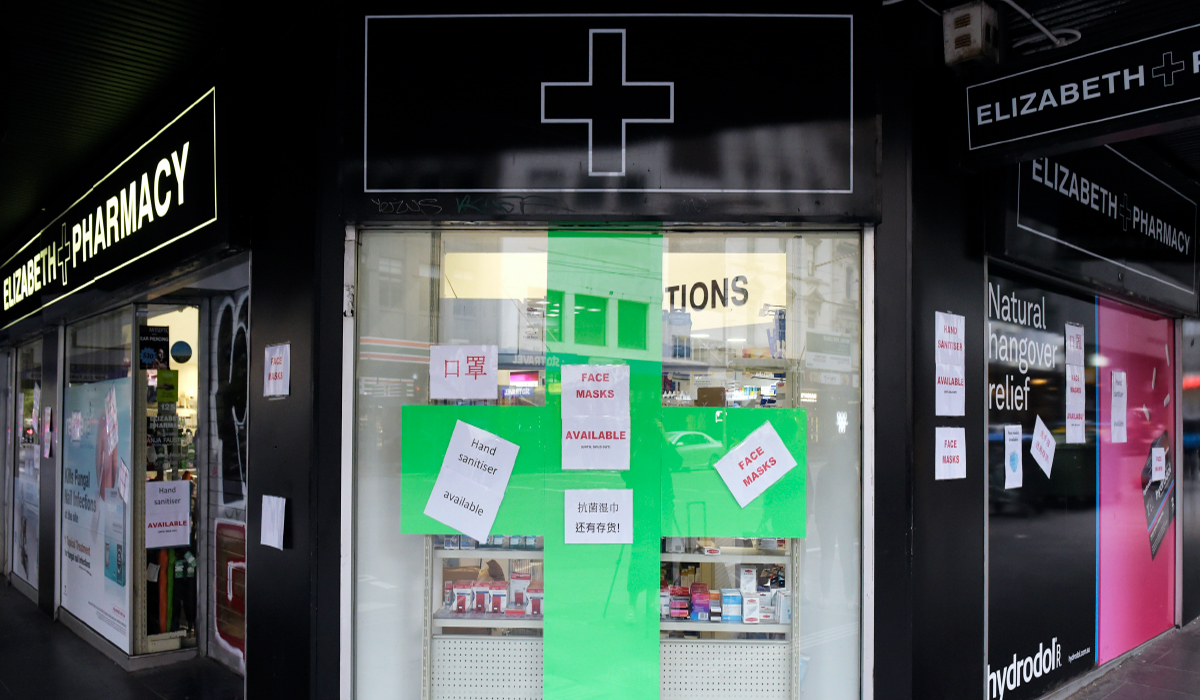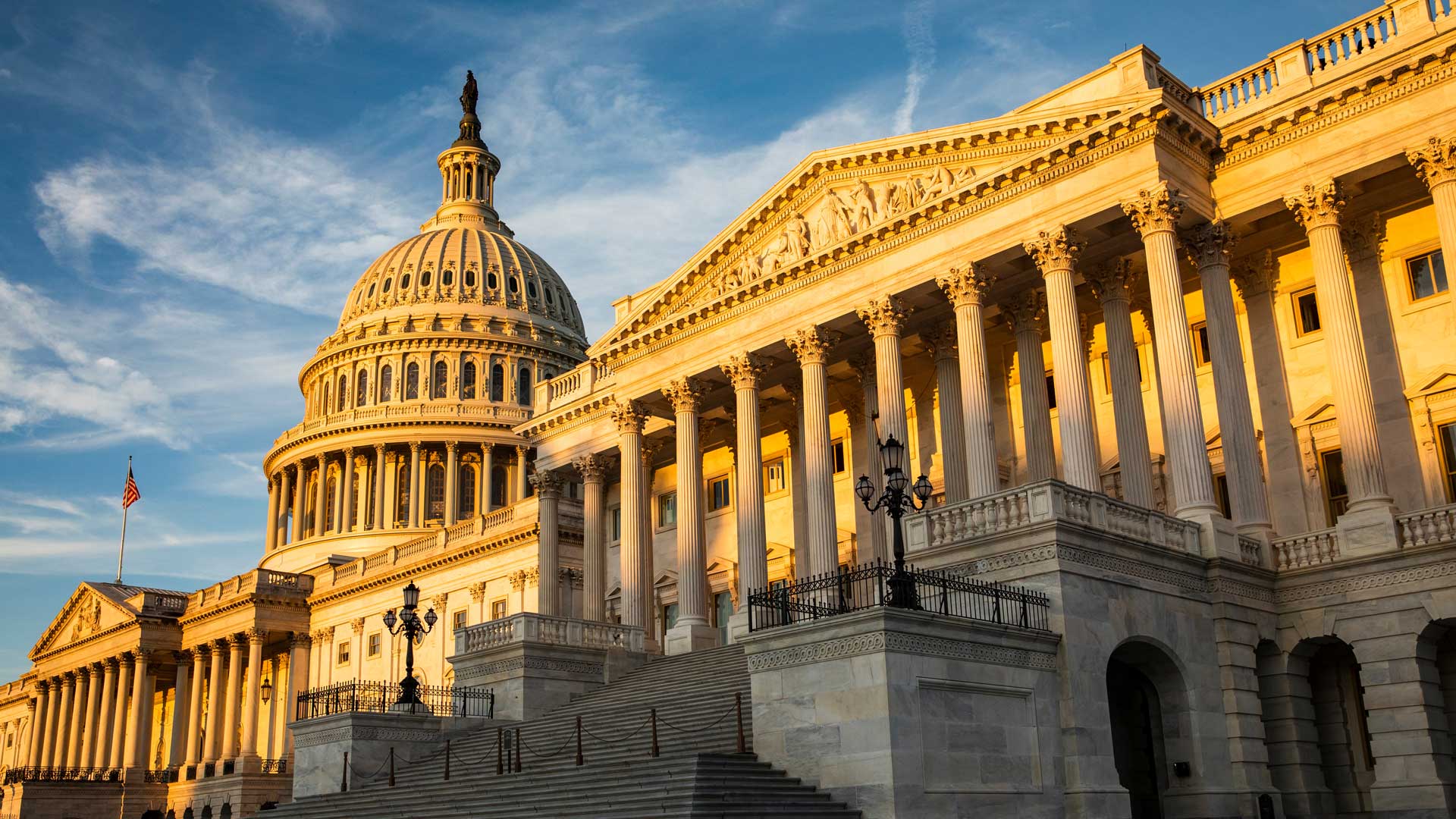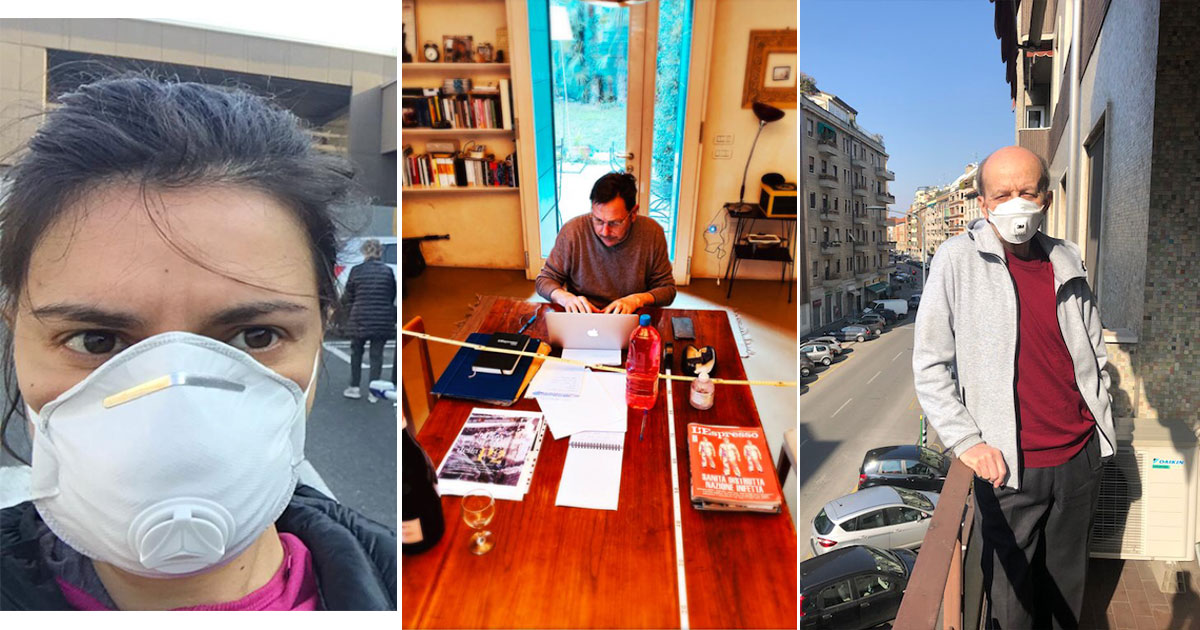ICIJ’s mission is to reveal injustice and hold the powerful to account. Do you know of someone exploiting the coronavirus crisis, or have another story to share? We’d like to hear it. (Ici en Francais, aquí en Español)
There are few sure bets in journalism, but there’s never been a major crisis that someone hasn’t seen as an opportunity to make a lot of money. And so it is with the raging coronavirus pandemic, which is spawning a cottage industry of scammers and fraudsters, authorities say, and providing opportunities for the powerful to abuse.
This week, and for the foreseeable future, I’m sharing journalism that shines a light on problems brought into focus by the pandemic. This edition is about profiteering reporting. Last week, I looked at testing in the United States.
Soaring prices
The crisis has prompted a wave of panic buying, contributing to dire shortages of badly needed supplies to protect frontline health workers. High demand + low supply is a formula that leads to price spikes — and a flood of money to those who can provide more of the in-demand items.
Retailers from Australia to New York have been accused of jacking up prices. And some online marketplaces have struggled to keep up.
U.S. PIRG, a public interest advocacy group, tracked prices of hand sanitizers, face masks and other health supplies sold on Amazon. Prices had soared, the research organization found. In one case identified by researchers, a package of 320 Lysol disinfecting wipes that usually cost $13.57 was priced at $220.
The New York Times profiled a Tennessee man who had stockpiled thousands of bottles of hand sanitizer in his garage, and had begun to list them on Amazon for up to $70 each. He donated them after the story came out.
Amazon told The Guardian it has removed tens of thousands of listings. It has also restricted the sale of maks and hand sanitizers, it says. Ebay has banned mask and sanitizer sales altogether.
Tenders, stock sales and bailouts
In Italy, an agricultural company that specialized in high-tech greenhouses won a public contract to provide 32 million face masks to the government. Following reporting from the online newspaper Open, the agency in charge of public tenders blocked the bid and is investigating.
Not long after Richard Burr assured the public that the United States government was ready to battle the coronavirus, the powerful senator from North Carolina sold off a significant portion of his stock portfolio, ProPublica reported. After a private briefing from the Trump administration, another senator, Kelly Loeffler of Georgia, sold off stocks owned with her husband worth at least $1.2 million, the Daily Beast reported. Burr has requested an investigation from the Senate Ethics Committee. Loeffler has said her investment decisions were made by an advisor, and that she didn’t learn about the stock sales until weeks after they happened.
And as ICIJ reported on Monday, Transparency International sounded the alarm about a massive U.S. government relief package under consideration by Congress. If lawmakers fail to include protections against profiteering and self-dealing, the advocacy group said, efforts to blunt the devastation wrought by the coronavirus won’t be as effective.
If you see an investigative story about the coronavirus pandemic that deserves more attention than it is getting, send me an email (here’s my PGP key to do it securely) or direct message on twitter. I’m especially keen to read stories from outside the U.S.



